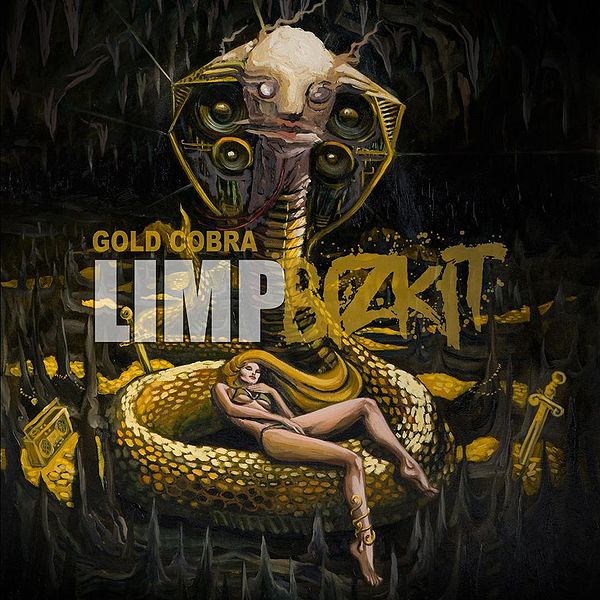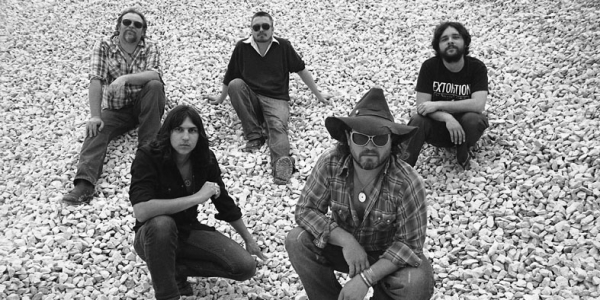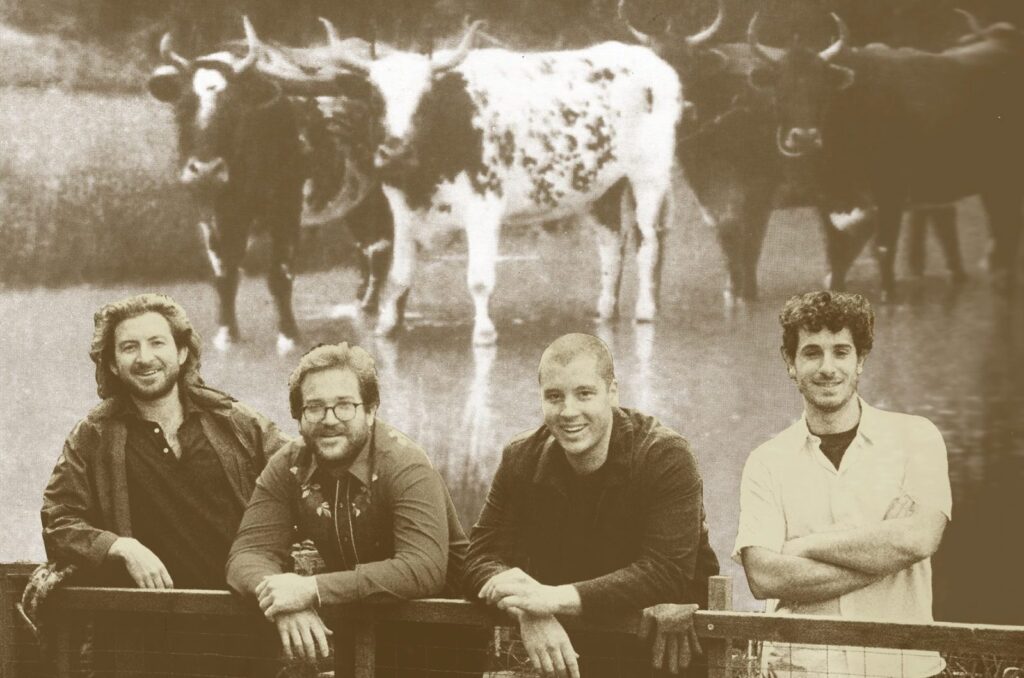A subsequent coronial inquiry into Michalik’s death criticised both the Big Day Out organisers for failing to provide appropriate crowd control measures; Limp Bizkit lead singer Fred Durst, already no stranger to public controversy, was singled out for his own provocative behaviour. The events seemed to have a lingering effect on Limp Bizkit, with the band’s commercial popularity entering into a period of decline, culminating with the departure of original guitarist Wes Borland and the band’s extended hiatus. A few years later Borland returned to the fold, and Limp Bizkit reformed and headed back into the studio, and to the stage, playing its first ‘reunion’ gig in Latvia in 2009.It’s in this historical context that I meet with Leor Dimant, aka DJ Lethal, DJ and turntablist with Limp Bizkit, on a rainy day at Sydney’s obnoxious Hard Rock Cafe. Dimant is in town briefly on a mixture of pleasure and publicity for Limp Bizkit’s recently announced 2012 tour; given Limp Bizkit’s colourful reputation and occasional provocative public commentary, I’m half expecting Dimant to be defensive and evasive when asked about Limp Bizkit’s last Australian tour. The reality couldn’t be any more different: Dimant is candid, sincere and introspective when recalling that fateful day in January 2001. “I remember it being really mad,” Dimant says. “I haven’t seen anything like that before – Woodstock was probably the closest I’d seen to that before.”
As paramedics rushed to Michalik’s aid, Dimant had endeavoured to calm matters by playing a mellow loop on his computer. “I didn’t know exactly what was going on,” Dimant says. “It felt like an awkward moment, but I didn’t know the extent of what had happened.” When reality hit the next day, Limp Bizkit fled the country, leading many to criticise the band for avoiding public and media inquiry. Dimant concedes the events took a long-term emotional toll on the band. “Yeah, it did,” Dimant says. “It’s not like we thought about it every day, but since my father died, I really appreciate loss a lot more. When you lose someone, you never get them back.”
Dimant had joined Limp Bizkit some years earlier after meeting the band when Limp Bizkit supported Dimant’s then hip-hop band, House Of Pain. While collaboration between rap and rock’n’roll bands had been around since at least the Run DMC/Aerosmith joint venture in 1986, Dimant’s inclusion in Limp Bizkit was something of a surprise direction. “I remember we were playing in Florida, and we were upstairs watching them play, and all of a sudden I thought ‘what the hell is this?’, and they were doing a cover of Paul Abdul’s Straight Up,” Dimant laughs. “And I looked out, and Wes Borland was wearing a mini-skirt, a halter top and pig tails. [House Of Pain member] Everlast was like ‘what’s up with these guys?’. I said ‘I dunno’, but I kept listening,” Dimant says.
With Dimant’s sonic assistance, by the late 1990s Limp Bizkit had become one of the hottest touring acts in the world, releasing a series of successful albums, including Significant Other and Chocolate Starfish And The Hot Dog Flavoured Water. Lead singer Fred Durst seemed to take delight in constructing an abrasive public image, inciting feuds with Marilyn Manson and Courtney Love amongst others. Dimant, however, rejects any suggestion that Durst deliberately sought public controversy. “I think people probably mistook that for our sense of humour,” Dimant says. “We have a sense of humour that’s mistaken for being egocentric, but it’s kind of like we’re making fun of ourselves. It’s like a play on words in some ways, but people mistake it for something more nasty,” he says. “I don’t think Fred particularly liked the controversy – it’s kind of hurtful. I can’t imagine what it’d be like for him to have all that stuff happening. He’s my friend and a cool dude, so when he’s beat up all the time, it makes you angry,” Dimant says.
Six months later after Limp Bizkit left Australia, Wes Borland left Limp Bizkit. Borland’s departure didn’t spell the end for Limp Bizkit; it did, however, provide the catalyst for Limp Bizkit’s decline in popularity. “It definitely altered the DNA of the band,” Dimant says. Limp Bizkit went on an extensive auditioning process for a replacement guitarist, eventually settling on Mike Smith. While Limp Bizkit’s material with Smith generated less than positive reaction, Dimant says the cause of the band’s subsequent hiatus as more a consequence of its previous hectic touring and recording existence than anything else. “We’d been at it for so long that we hadn’t had a chance to have a normal life,” he says. “It was a good break for us to have – I don’t know if we could be doing what we’re doing now if we had kept going and constantly playing and touring until people were completely sick of us,” Dimant says.
In 2009 Borland mended his relationship with Durst and rejoined Limp Bizkit, leading eventually to the release of a new album, Gold Cobra. Serendipitously, Limp Bizkit played its first ‘reformation’ gig in Latvia, the country in which Dimant was born in 1972, before his family moved to the United States in the early 1980s. With Dimant’s father having passed away a couple of years earlier, it was a particularly emotional time. “I got to see my grandmother for the first time in 30 years!” Dimant says. “It was my dad shining down on me. It was a week after my father passed away that the band got back together. I really feel like my dad was with me when we played.”
BY PATRICK EMERY







